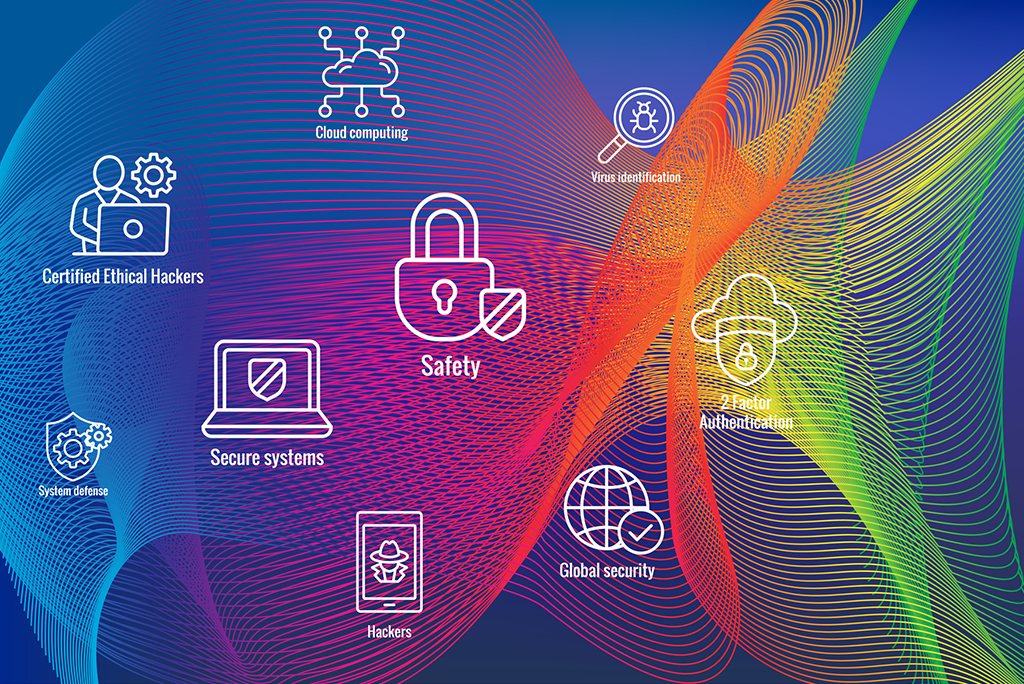When people think about hacking, they think of criminal activity or popular movies with hacking in them. Those examples are what’s most depicted around the world of hacking. Not seen often is the professional side of hacking, more commonly known as ethical hacking.
Ethical hacking is a job that falls under cybersecurity. It’s when a person or a group of people is hired by a company and paid to hack into its systems to find vulnerabilities. This allows companies to find out what weaknesses are in their security and increase the strength of said security so that when malicious hackers try and get into the system the company is better prepared. Malicious hackers are those who hack into systems intending to steal valuable information. There are also grey-hat hackers, which are a mix of both. Grey-hat hackers exploit security systems just to show their vulnerability; they have no intention of stealing anything, it’s just a way to show the public weakness within a company.
One may ask themselves why they should hack ethically. The biggest reason is that if caught; it’s a federal crime that can put a person in jail for 1-20 years or life if someone dies because of the actions made. Ethical hacking also pays well. A yearly salary on average is $120,360 per year. It’s a well-paying job in an interesting field that avoids criminal activity. Luckily for those interested, ethical hacking is a job companies look for. Per the U.S. Bureau of Labor Statistics, there are 180,700 jobs available and it has an outlook of 33%. Jobs are available for those who are interested and it’s an increasing position at a rapid rate.
To get a job in ethical hacking, people will need a bachelor’s degree in some sort of computer science, cybersecurity or IT. Common courses to take for a cybersecurity degree include computer science, network security, ethics in information technology, forensics, wireless security, and more. The top 5 schools recommended for cybersecurity per the cyber security guide are Cedarville University, Tuskegee University, Saint Vincent College, Stevens Institute of Technology and Capital Technology University.
Since ethical hacking is lesser known, people don’t know what companies there are for this career. These companies do exist and they work with some big businesses and earn awards. Examples of the companies are Bugcrowd, which previously worked with companies like HP or ExpressVPN, and Astra Security which has worked with Ford. When a company asks for a security check, hackers who work for similar companies like Bugcrowd are sent in to check. The government looks for ethical hackers as well, sometimes giving chances to convicted hackers who are good at strengthening government online security. The jobs are there and available with many open positions.
Ethical hacking is a job companies look for, with an increasing outlook. It pays well for a job most often connected with criminal activity. There are good colleges with degrees that are plausible to get. It’s an interesting job that has a lot of reasons to go into the field if hacking is a passion.









